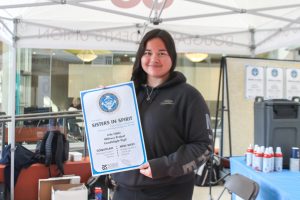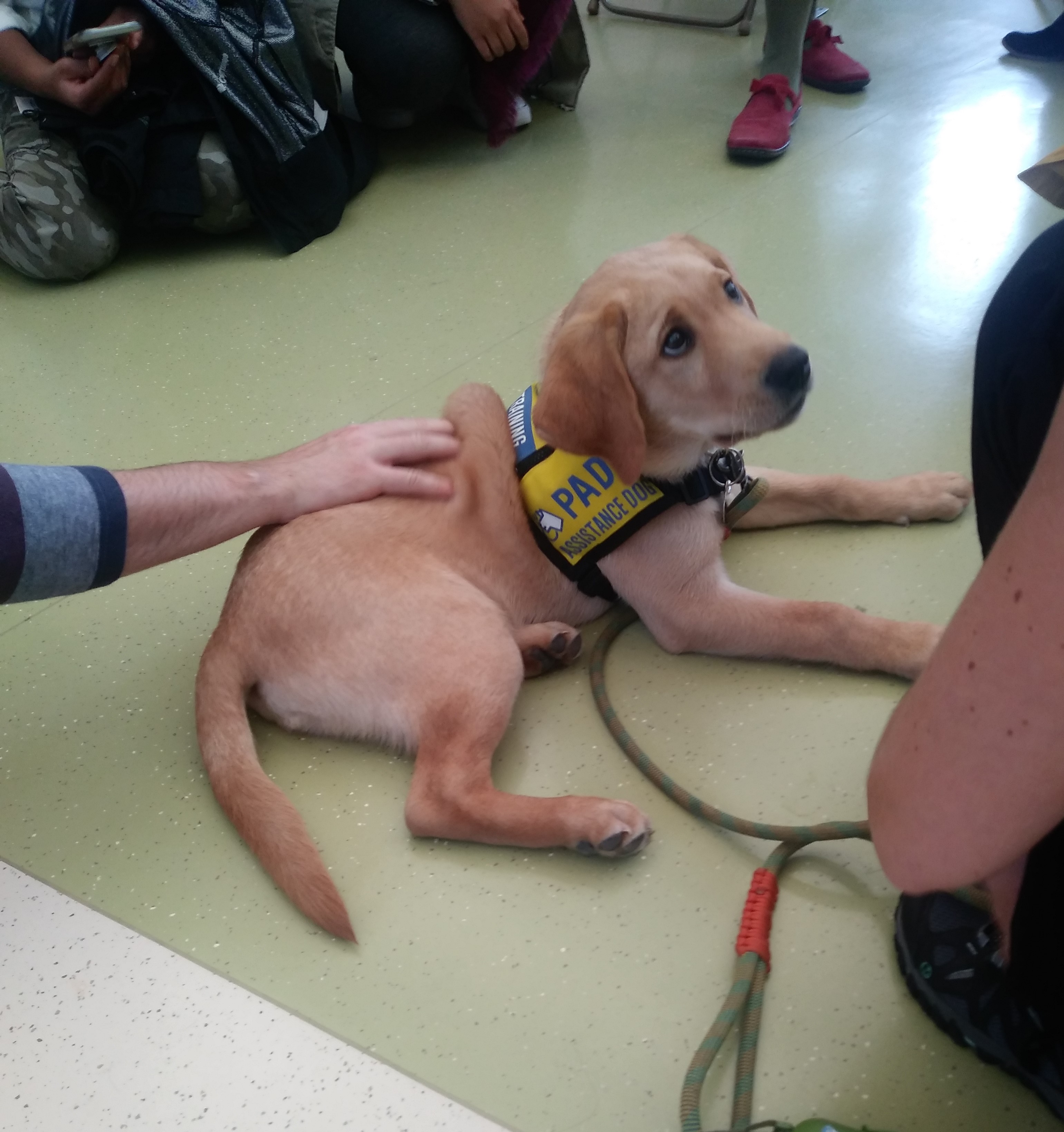
DSU launches ‘Reconciliation Through Education’ campaign
By Katie Czenczek, News Editor
Last week students at Douglas College honoured Indigenous women all over Canada who have gone missing or been murdered along the Highway of Tears.
The Sisters in Spirit vigil was held on Wednesday, October 3 from 11 am to 3 pm at the Coquitlam Campus and on Thursday from 11 am to 2 pm at the New Westminster campus. It was timely to get the message across before the Thanksgiving long weekend. This was the 13th annual Sisters in Spirit Vigil at Douglas College.
Vigils were held all across the country to honour missing and murdered Indigenous women. According to the website of the Native Women’s Association of Canada (NWAC), there were only 11 vigils held in the first year in 2006. By 2017, the number had grown to 212. At these events people pay their respects for those who have still not been found or have been murdered, and members of the Indigenous community “share their experiences with the justice system, media, victim services, and other institutional and community supports,” according to the NWAC’s website. Vigils are also intended to put pressure on society and government to act and acknowledge that there is an ongoing crisis.
Hosted by the DSU, the vigils at Douglas featured information booths that provided resources and services for Indigenous students at Douglas, along with providing statistics about the Highway of Tears and other issues that Indigenous women face. They served hot chocolate and held a candlelight vigil for people to pay respect.
Julia Paludo, a first-year Chemistry student at Douglas College, said in an interview with the Other Press that she thinks it’s important to spread awareness of these issues.
“It’s a really good cause,” she said. “It makes people think about what happened and what is still happening to Indigenous women today.”
The vigils held at Douglas also featured the REDress Project, where students can paint their hands red and stamp them onto a drawing of a girl in honour of missing and murdered Indigenous women. Started by Metis artist Jaime Black, the idea is to visually demonstrate the issues Indigenous women face in Canada.
The DSU also did a soft-launch of their Reconciliation Through Education initiative which is partnered with the British Columbia Federation of Students (BCFS). Their goal is to promote reconciliation by telling stories and educating people about the Truth and Reconciliation commission so myths about Indigenous peoples are no longer spread.
To date, the number of women who have gone missing has been a contentious figure. According to the Canadian Encyclopedia, the RCMP said in a 2014 report that between 1980 and 2012 there have been nearly 1,200 cases where Indigenous women have gone missing or been murdered. However, Indigenous women’s groups contest this data, as it fails to consider the cases that haven’t been reported to the RCMP. These groups estimate that it’s more likely that over 4,000 women have gone missing.



